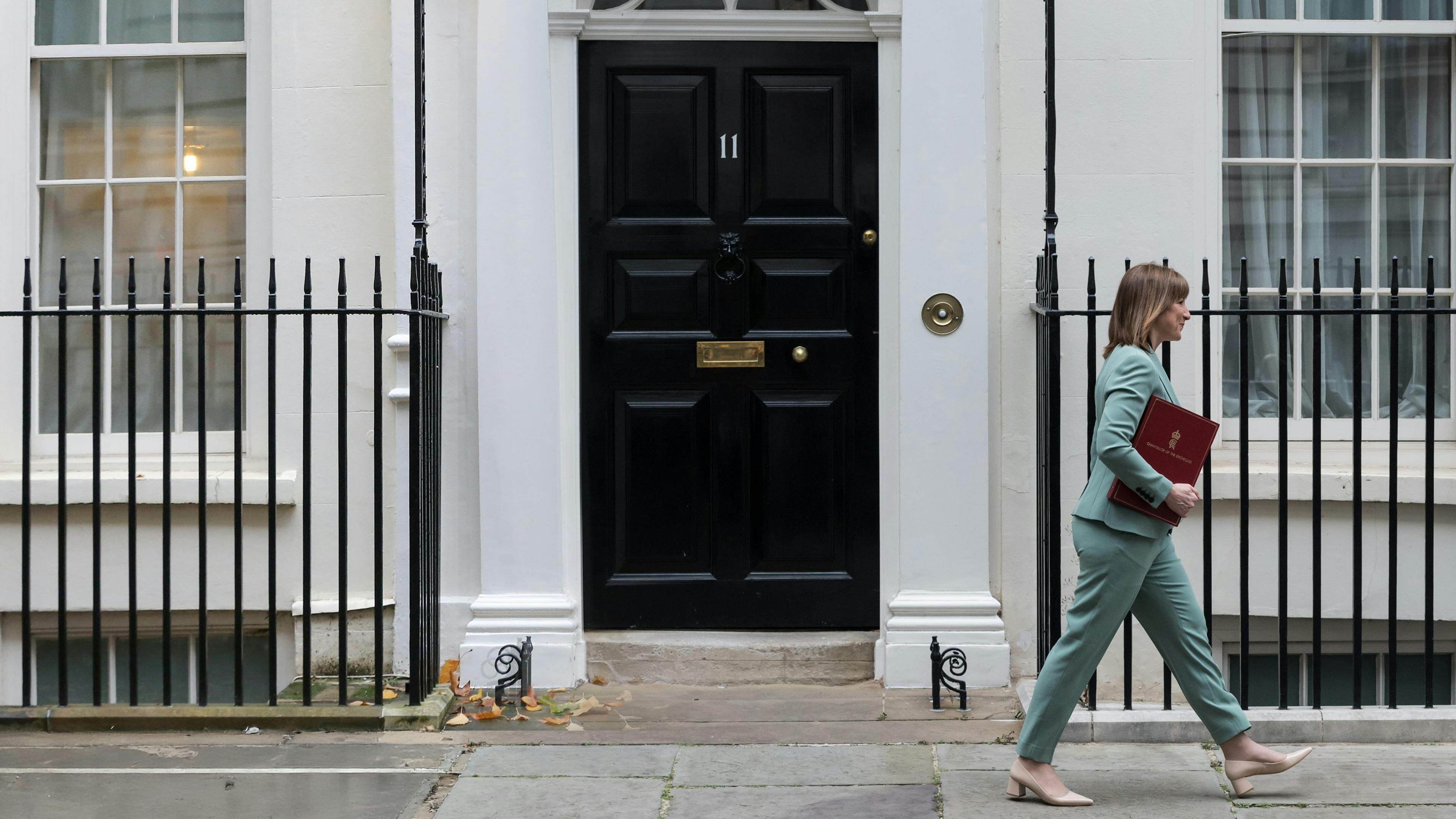What happens to my pension when I die?

Thinking about death isn’t easy, but it should be an important part of everyone’s financial plan. This should include a clear understanding of what will happen to your pension and assets when you die and the tax implications of passing wealth on to your loved ones.
Let’s focus first on an often-ignored asset that could well be the biggest of them all. Greater even than the value of your home. Your pension fund. The good news is that, unlike your other major sources of wealth, your family can inherit any remaining money in your pension pot free of any Inheritance tax. And that is irrespective of the size of your overall estate.
I am referring specifically to defined contribution pensions, i.e., personal and self-invested personal pensions (SIPP).
Firstly, your pension fund is probably the most tax-efficient way to pass on your wealth. Secondly, who can inherit your pension fund? That choice is generally up to you.
You select whoever you want to receive your pension fund when you die. However, it's up to the discretion of the pension scheme or trustees who look after your pension as to who it is actually paid to. But they must respect your written wishes. To record these, you should have completed what is called an Expression of Wish or Nomination form.
Thirdly, this form isn’t legally binding. But that shouldn’t stop you from completing one, as by doing so, you should be able to place your whole pension fund outside the reach of any subsequent inheritance tax raid by the Treasury after you have gone.
Some pension providers allow you to make a binding nomination, however, in most cases, the final decision on who gets your pension assets remains with your scheme administrators or trustees.
It is important to understand there is a range of ways in which your pension fund assets can be passed on to your beneficiaries. The choice is not necessarily all or nothing – the same pension pot may provide benefits in different ways should the scheme allow. These include:
- A one-off lump sum.
- A variable income that can be taken from the fund every year. This is called Beneficiary Income Drawdown.
- An annual income that is guaranteed for the rest of the beneficiary’s lives. This is called a Lifetime Annuity.
- A new pension plan may be provided from your fund for those you have left behind. This is called a Dependant’s Scheme Pension.
Your available options will be limited by what your pension scheme will allow. For example, not all schemes can facilitate income drawdown, and very few providers permit beneficiaries under 18 to have an income drawdown plan. A lack of a completed nomination form can also restrict the available options.
Although these points may appear minor on the face of it, the consequences could severely impact how your inherited pension funds are later taxed in the beneficiaries’ lifetime and on their own subsequent death.
When choosing a personal pension or self-invested personal pension (SIPP), many individuals (and employers) will naturally focus on the range of investments available to them and the plan costs as their priorities. However, overlooking the importance of understanding how the scheme/provider will treat your pension fund when you die is equally important in terms of ensuring the tax efficiency of its transfer to your family.
Is it natural to nominate your spouse or partner to receive your pension after you have gone. However, there are many reasons you may wish to include other beneficiaries. Commonly, this is your children (sometimes grandchildren as well), with the remainder left to your spouse – most providers allow you to nominate as little as 1% of the fund value. This aims to future-proof the pension fund and provide the beneficiaries with greater flexibility when it comes time to inherit any remaining pension.
Imagine this scenario, your spouse or children are about to inherit your pension and they face a 45% income tax charge as they are forced to take the benefits as a lump sum as your death occurred after age 75 and your pension scheme doesn’t offer beneficiary drawdown. Furthermore, the inherited proceeds will be exposed to dividend tax, savings interest, capital gains and inheritance tax depending on their circumstances and how they invest the proceeds.
This is probably the perfect window for you to lift the bonnet on your current plans and check if they are in the correct structure to provide the most tax-efficient transfer to your loved ones when you have gone.
A pension fund MOT if you like.
Have you made the right plans for a secure financial future?
Start talking to us today about your financial ambitions, and we can help make it a resilient future. We take the time to understand your goals and objectives to ensure our advice is specific to your needs and aspirations – helping you build a brighter financial future. We have proven experience delivering financial plans for individuals, families, trusts and companies.
To discuss your circumstances in confidence, please contact Drew Nutsford directly on 0131 514 2772 or 07969 341129 or email drew.nutsford@w1m.com to arrange a no-obligation meeting.
Any expressions of opinion are those of the author and not necessarily those of the firm. This article does not constitute advice, and a full assessment would need to be completed by one of our specialist advisers to understand an individual’s circumstances. Please remember that the value of investments can fluctuate, and you may get back less than you invested. Past performance is not necessarily an indicator of future returns. Waverton Wealth Planning LLP is authorised and regulated by the Financial Conduct Authority (FCA). Waverton Wealth Planning LLP is registered in Scotland (SO302894). Registered office - Exchange Tower, 19 Canning Street, Edinburgh, EH3 8EH.





